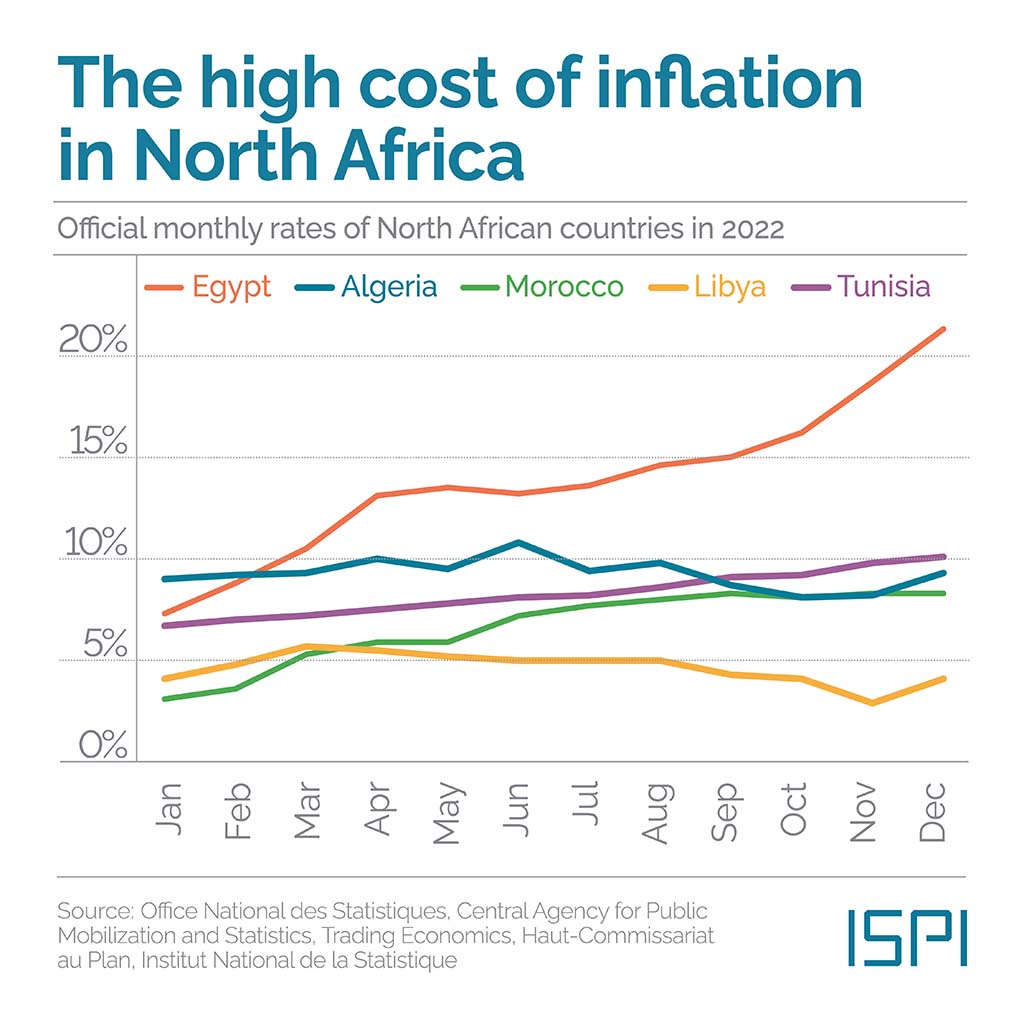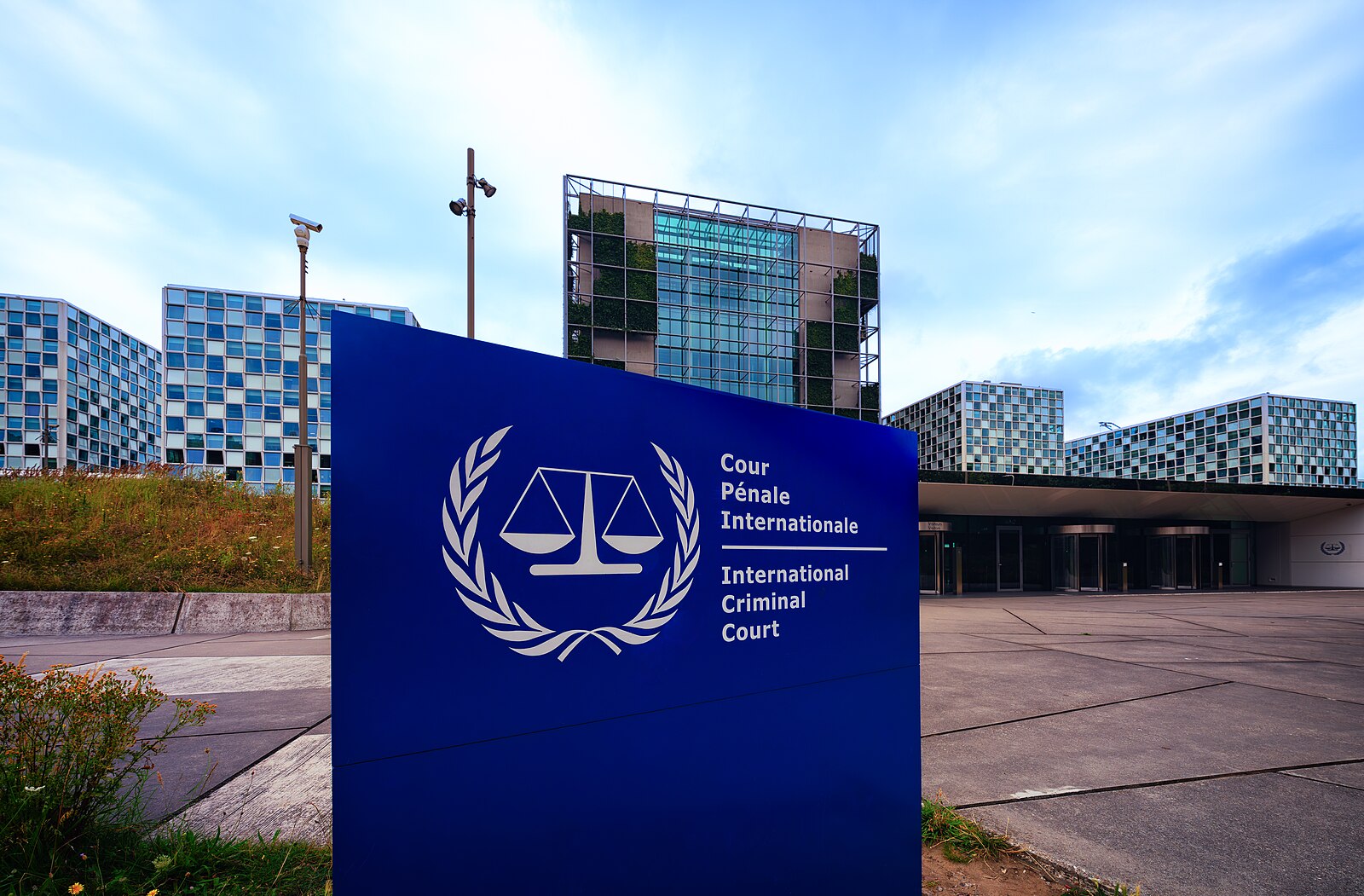Report on Media Satire and its Implications for Sustainable Development Goal 16
A recent media analysis of a “South Park” episode targeting President Trump highlights critical issues related to fundamental freedoms and the strength of democratic institutions, directly engaging with the principles of the United Nations Sustainable Development Goals (SDGs), particularly SDG 16.
Analysis of Satire as a Component of Free Expression (SDG 16.10)
The “Morning Joe” panel discussion on July 25, 2025, examined the role of political satire in a functioning democracy. The satirical takedown by “South Park” serves as a case study in the exercise of free speech, a cornerstone of SDG 16: Peace, Justice and Strong Institutions. Specifically, it relates to Target 16.10, which aims to “ensure public access to information and protect fundamental freedoms.”
- Critique of Power: The episode’s mocking of the administration’s legal threats and media crackdown was identified as a form of public accountability.
- Upholding Fundamental Freedoms: The panel’s reaction underscores that protecting satirical expression is essential for maintaining the fundamental freedoms necessary for just and inclusive societies.
- Equal Opportunity Scrutiny: The report noted that “South Park” is known for “skewering all sides,” reinforcing the role of independent media in holding all parties accountable, which is vital for building strong and transparent institutions.
Threats to Democratic Institutions and SDG Alignment
The discussion raised concerns about the administration’s response to media content, which has significant implications for sustainable development frameworks that rely on open and just governance.
- Erosion of Trust: Attempts to suppress or threaten satirists can erode public trust in institutions and signal a weakening of commitments to democratic principles, contrary to the aims of SDG 16.
- Challenges to Media Freedom: The panel warned that confronting satirists is a “losing battle,” but the act itself represents a challenge to media freedom, which is a key indicator of institutional health.
- Impact on Inclusive Societies (SDG 10): Protecting diverse forms of expression, including satire, contributes to SDG 10: Reduced Inequalities by ensuring that critical and alternative viewpoints can be part of the public discourse, preventing the consolidation of unchallenged authority.
Conclusion: Culture, Politics, and Sustainable Development
The debate surrounding the “South Park” episode transcends entertainment, offering a significant commentary on the state of free speech and political culture. The incident and subsequent analysis demonstrate that the protection of satire is intrinsically linked to the global objectives of fostering peace, ensuring justice, and building strong, accountable institutions as outlined in the Sustainable Development Goals. A society’s tolerance for satire is a key metric of its commitment to upholding the fundamental freedoms that underpin sustainable and equitable development.
Analysis of SDGs in the Article
1. Which SDGs are addressed or connected to the issues highlighted in the article?
-
SDG 16: Peace, Justice and Strong Institutions
This goal is the most relevant as the article focuses on issues of free speech, legal threats from a government administration, and a “crackdown on media content.” These topics are central to SDG 16, which aims to promote just, peaceful, and inclusive societies and build effective, accountable, and inclusive institutions. The conflict between the administration and a satirical show like South Park directly relates to the health of public institutions and the protection of fundamental freedoms.
2. What specific targets under those SDGs can be identified based on the article’s content?
-
Target 16.10: Ensure public access to information and protect fundamental freedoms, in accordance with national legislation and international agreements.
The article explicitly mentions that the issues have “broader implications for culture, politics, and free speech.” The discussion of an “administration’s crackdown on media content” and “legal threats” against satirists directly concerns the protection of fundamental freedoms, specifically the freedom of expression and the press, which is a core component of this target.
-
Target 16.7: Ensure responsive, inclusive, participatory and representative decision-making at all levels.
An administration’s “crackdown on media content” can be interpreted as an attempt to stifle criticism and public discourse. A free and critical media, including satire, is essential for holding institutions accountable and ensuring they are responsive to the public. The article highlights a challenge to this principle by describing the administration’s reaction to satirical content.
3. Are there any indicators mentioned or implied in the article that can be used to measure progress towards the identified targets?
-
Implied Indicator for Target 16.10: Existence of legal or policy threats to media and free speech.
The article does not provide quantitative data but implies a negative indicator for Target 16.10. The mention of “legal threats” and a “crackdown on media content” by the administration serves as a qualitative indicator of pressure on fundamental freedoms. The number and nature of such threats could be tracked to measure progress or regression on this target.
-
Implied Indicator for Target 16.7: Public and media response to government actions.
The article itself, by describing how the “Morning Joe panel reacts to the satirical takedown,” is an example of the media’s role in facilitating public discourse on government actions. The existence and freedom of media panels and satirical shows to critique the government serve as an implied indicator of a responsive and participatory society, even when that freedom is being challenged.
4. SDGs, Targets and Indicators Table
| SDGs | Targets | Indicators |
|---|---|---|
| SDG 16: Peace, Justice and Strong Institutions | 16.10: Ensure public access to information and protect fundamental freedoms… | Implied: The existence and nature of “legal threats” and a “crackdown on media content” as a measure of pressure on free speech. |
| SDG 16: Peace, Justice and Strong Institutions | 16.7: Ensure responsive, inclusive, participatory and representative decision-making at all levels. | Implied: The ability of media and satirists to critique government actions and the administration’s response (“a losing battle”) as a measure of institutional accountability. |
Source: msnbc.com







